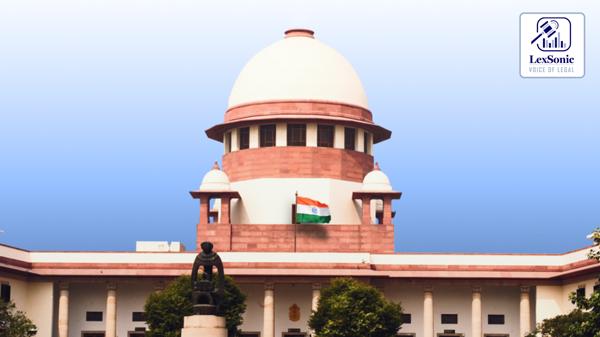Supreme Court on 16 September 2025 requested Bharat Coking Coal Limited (BCCL) to submit a further affidavit stating the reasons for forming a Medical Board to re-examine the age of an employee even though his date of birth had already been registered during the time of joining service. The Court noted that such a clarification was required while determining the controversy related to the retirement of respondent worker.
Background of the Case:
The employee, Mahiruddin Ansari, had been appointed to BCCL with the date of birth shown as 11 December 1962. At the time of his transfer to another colliery, there was no forwarding of relevant records. In June 1987, a Medical Board was held to ascertain his age. The Board opined that he was 36 years old as on that date, which would mean a date of birth of 1951 — essentially accelerating his retirement by a number of years.
According to the medical assessment, the company gave him a notice of superannuation. Ansari had successfully contested the order before a Single Judge of the Jharkhand High Court, and the Division Bench subsequently confirmed the ruling. Aggrieved again, BCCL went to the Supreme Court.
Submissions Before the Court:
Top Counsel for BCCL contended that after the employee had submitted himself to medical examination and had accepted the Board's finding, he could not later challenge the corrected date of birth. BCCL was banking on the fact that the report of the Board had been signed by the worker himself.
On the other hand, the respondent's counsel argued that the initial service records already contained the date of birth, which was never questioned by the employee. Hence, the assembly of a Medical Board was not required and beyond powers. It was also argued that the worker being illiterate could not be assumed to have knowingly waived his rights simply by signing the medical report.
Observations of Supreme Court:
The Bench consisting of Justice Manoj Misra and Justice Vipul M. Pancholi observed that the primary question was why a new age determination exercise was conducted when the service records had already the date of birth. The Court also observed that the question of whether the respondent ever requested correction of birth records was left unanswered.
In order to plug these loopholes, the Supreme Court asked BCCL to submit a fresh affidavit in three weeks. This affidavit should detail the background in which the Medical Board was established and bring to light whether the respondent ever asked for change of the date of birth in official documents.
Next Hearing:
The Court scheduled the case again for 28 October 2025 for further hearing, after the filing of the affidavit.
Significance:
This case points to repeated controversies in government undertakings regarding changing birth records, usually resulting in premature retirements. The Supreme Court's requirement of ascertaining procedural failures reinforces the need to respect the sanctity of official service records unless challenged by the employee involved in a formal manner.

